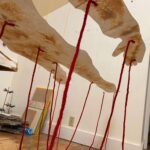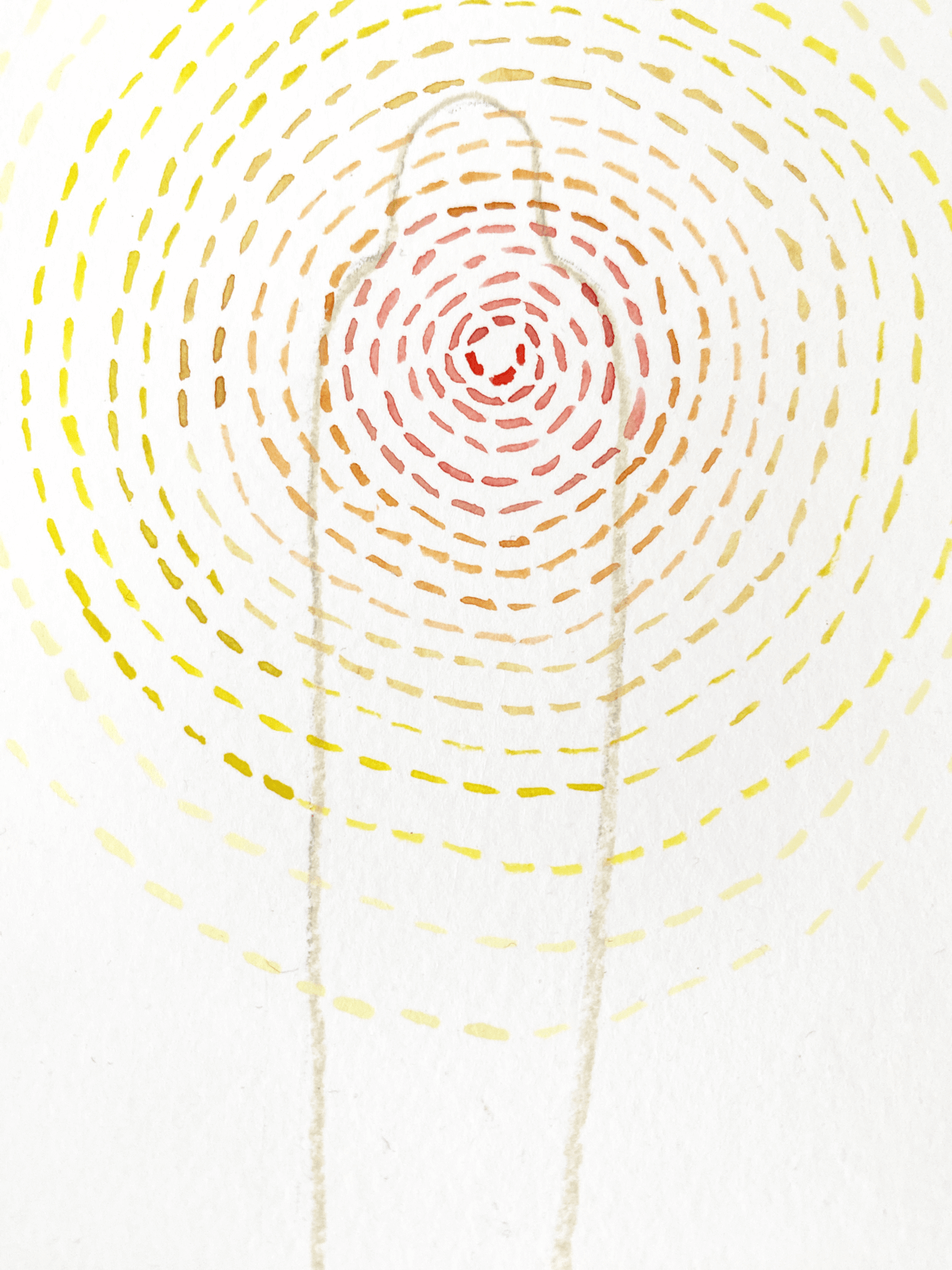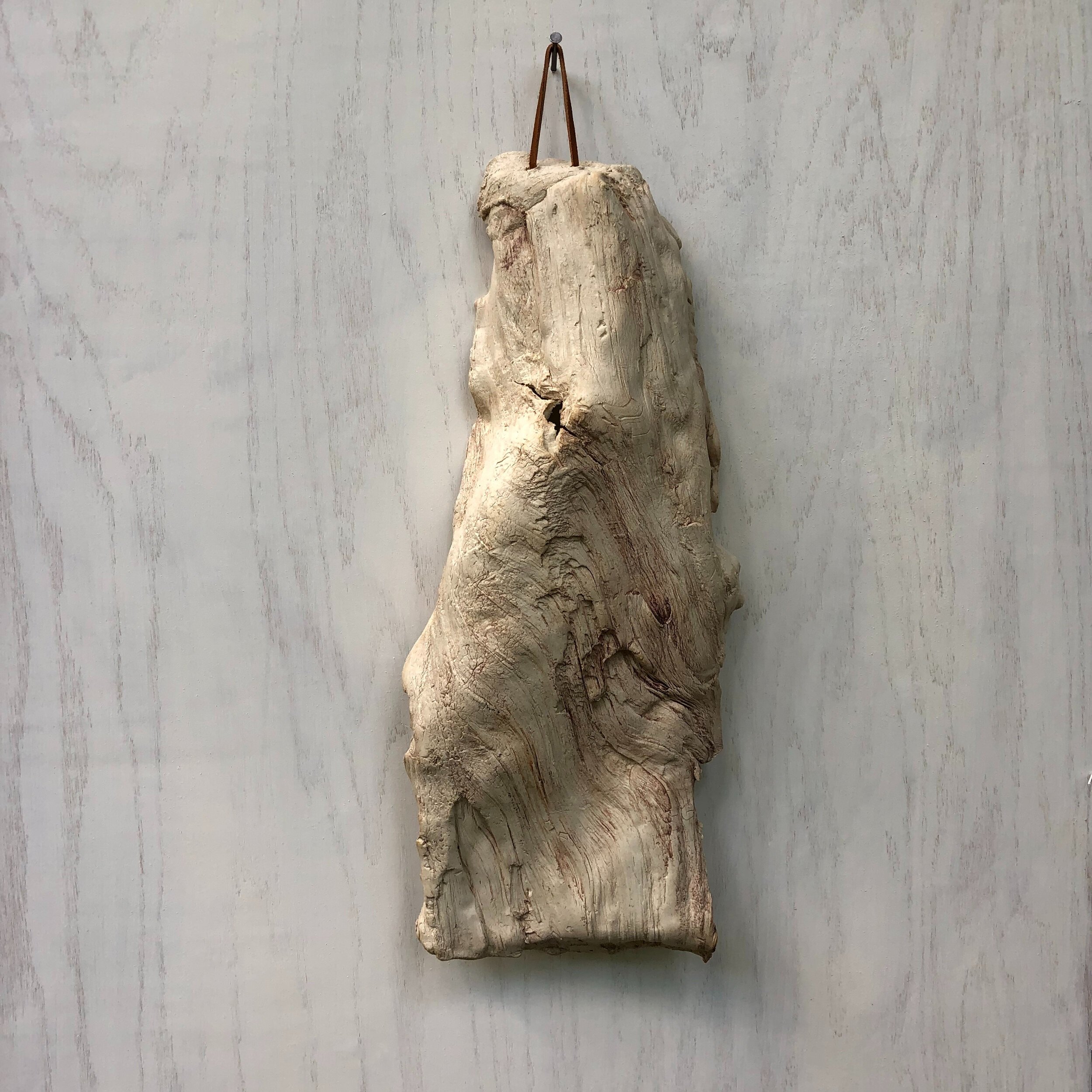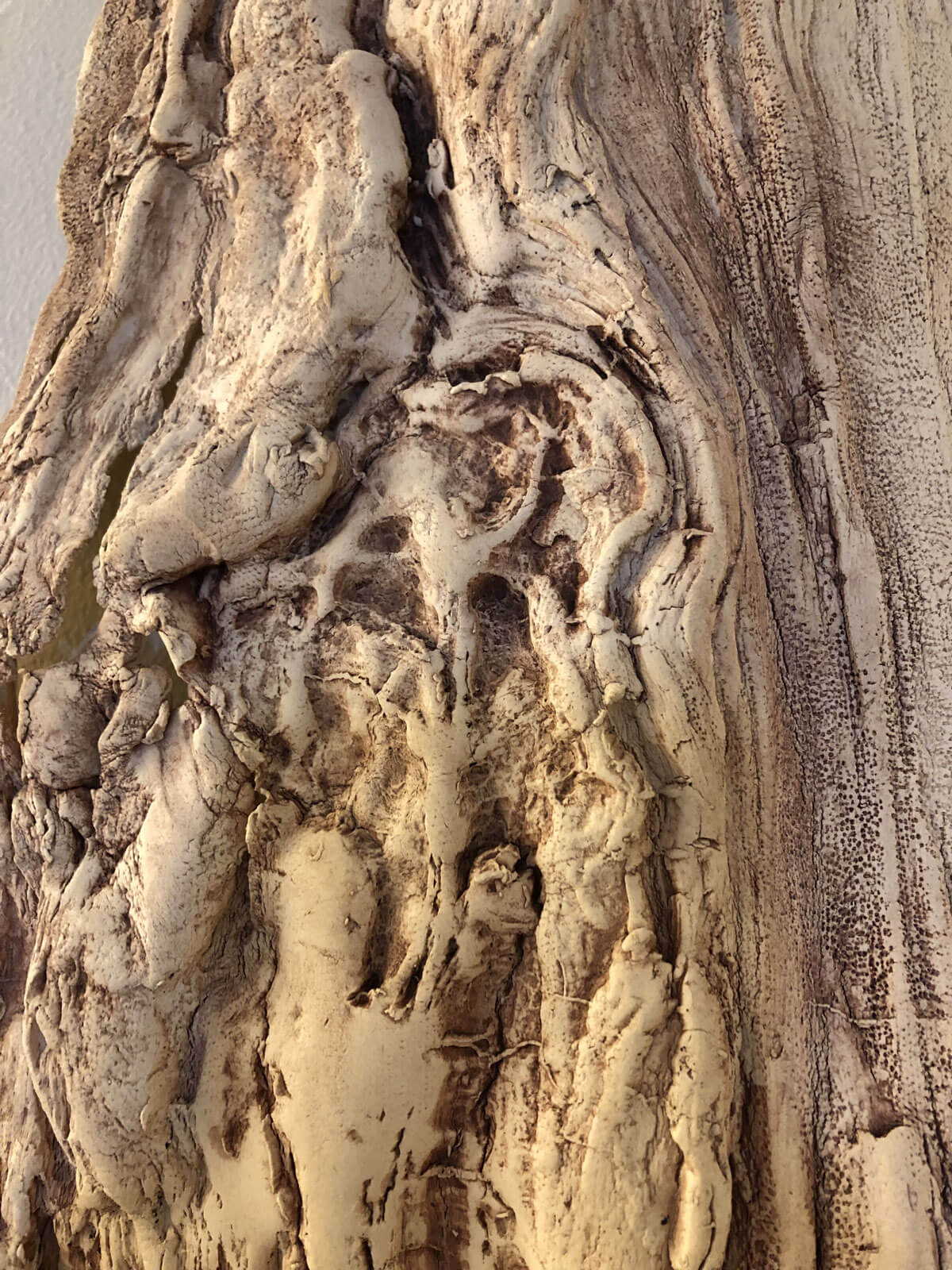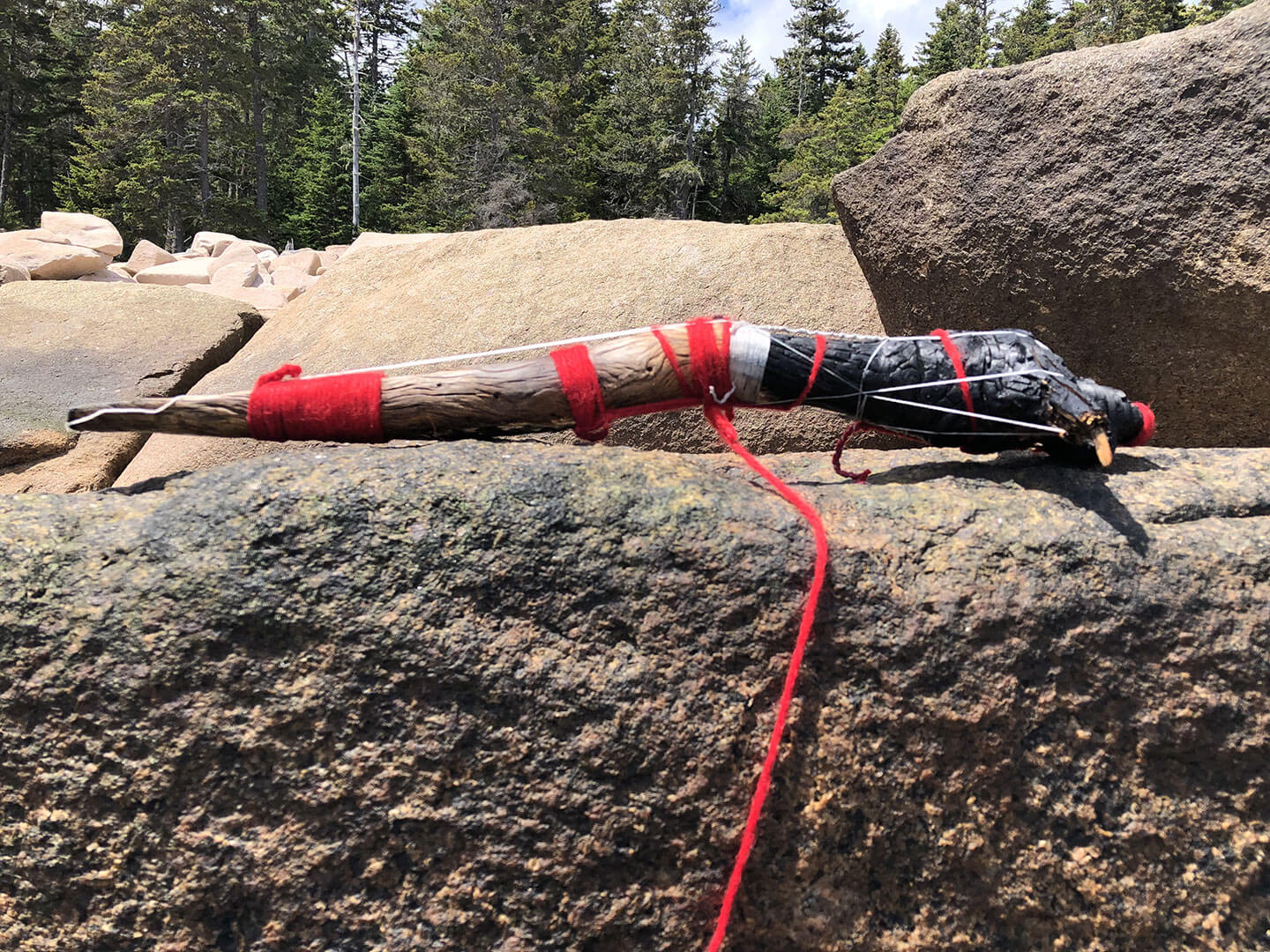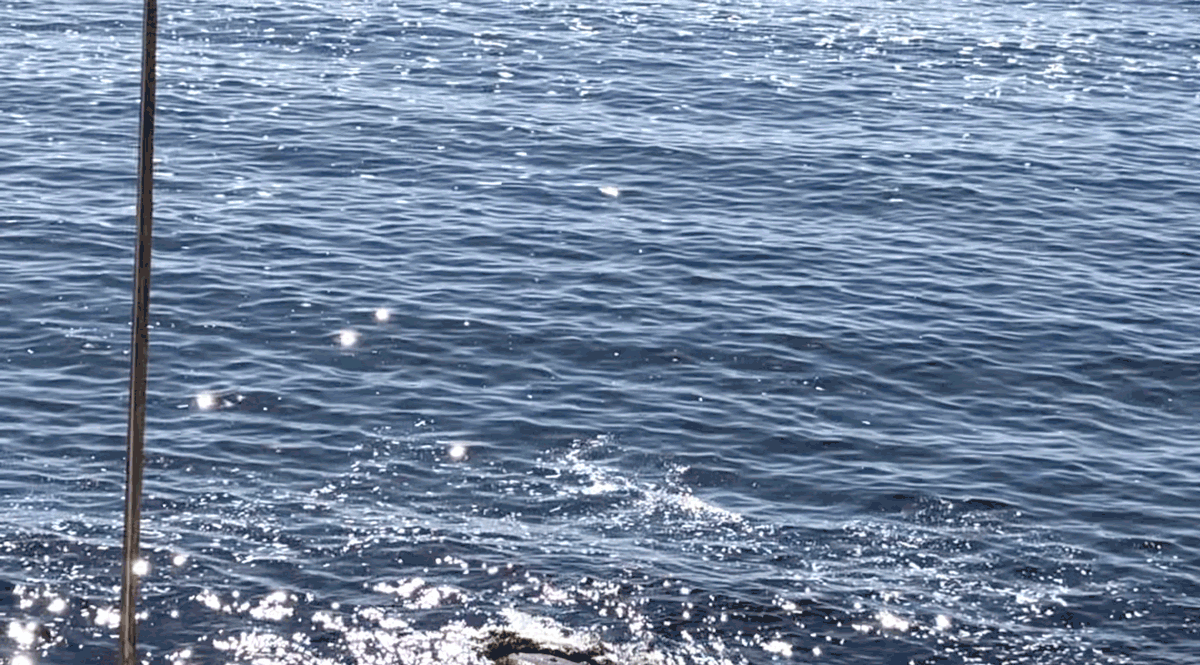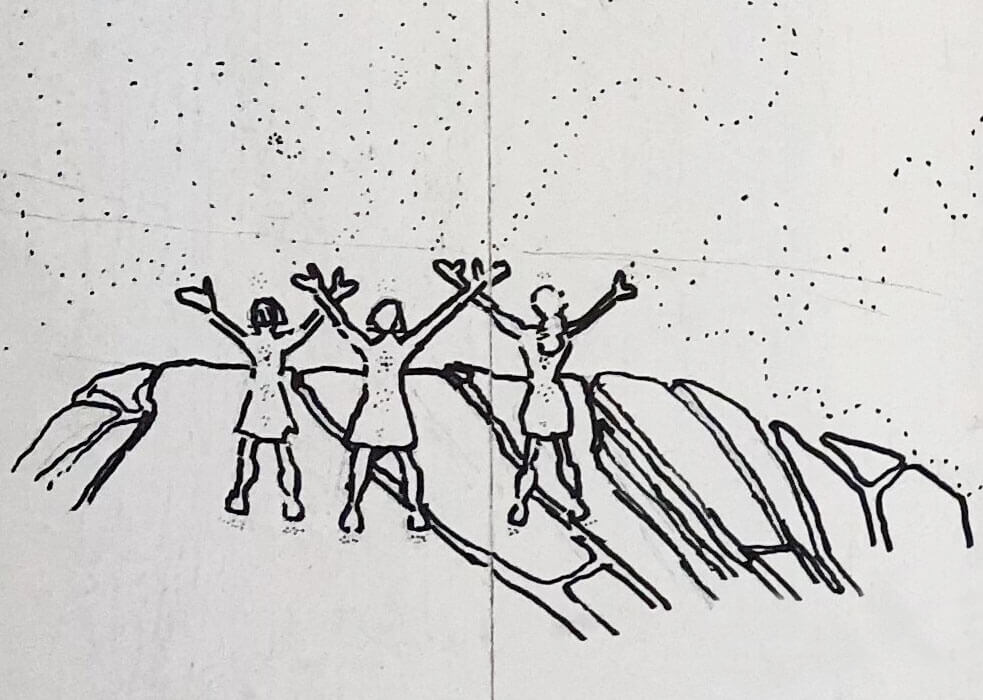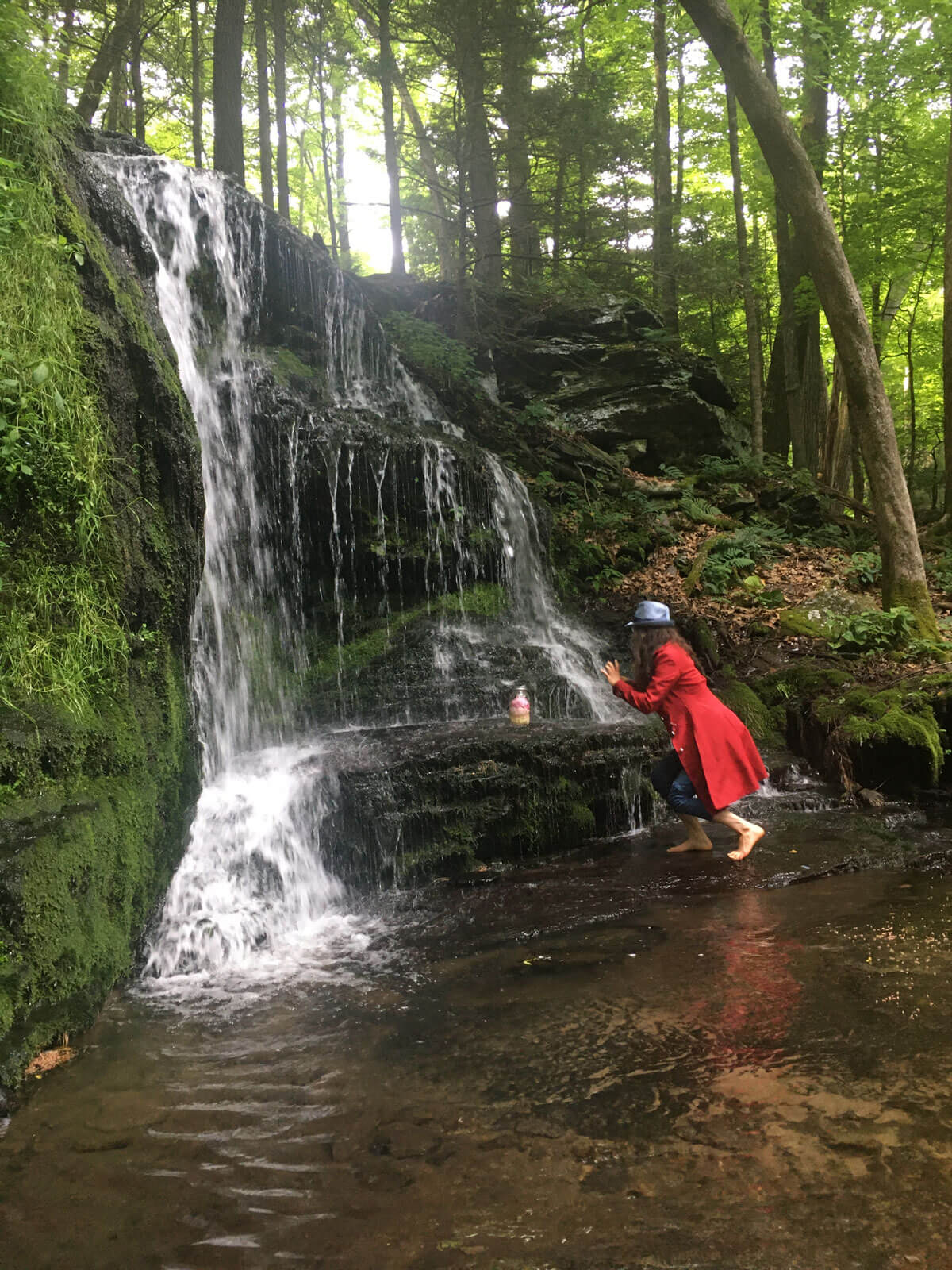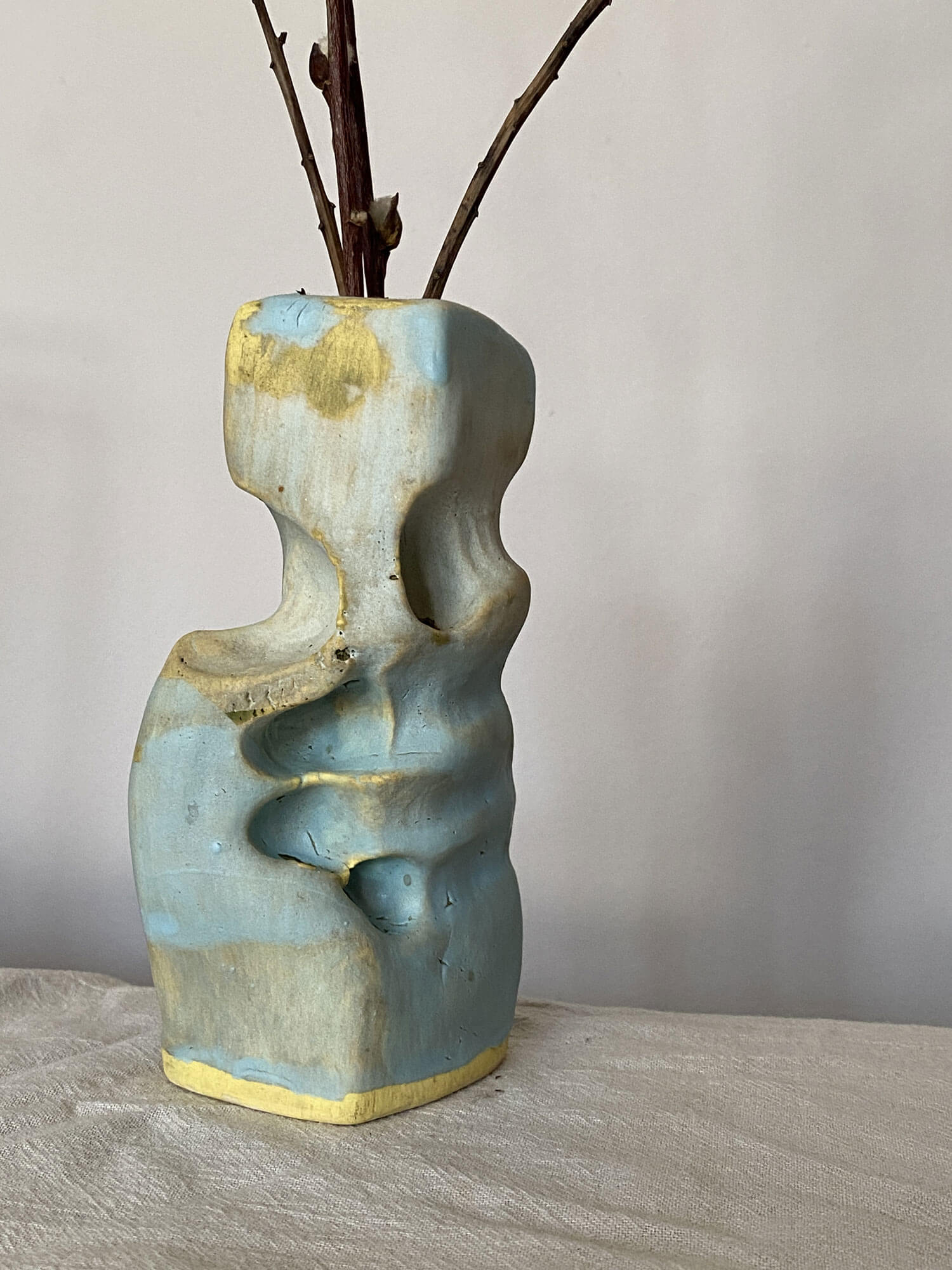
response
Jenny
It seemed like time to write Binda herself a praise song.
I had in mind her signature “energy lines,” and also her “Bark Imprint” and “Grasp” series of works. (See photo gallery below.)
I also found myself thinking of a snippet of a New Yorker article that I keep on my desk, about artist Josef Albers:
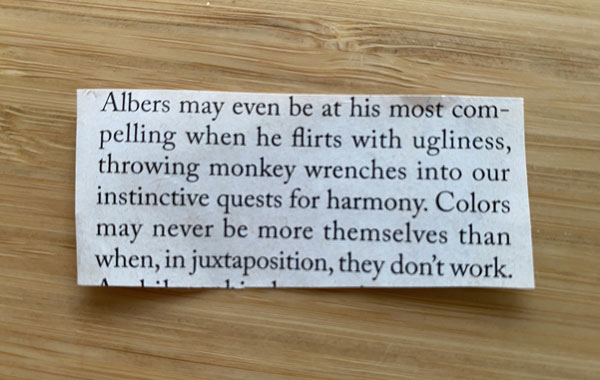
In fact this song is full of allusions. Binda and I have spoken many times about the red thread of aliveness, and she’s done whole works based on the concept. “Stand beside me and we’ll sing it” is a reference to a trip we made up to Maine last summer with another friend and artist, Kyra Kristof, and a practice of sound-making the three of us experimented with over the week. Maine is also evident in the Morse code of the sunglitter, which Binda called our attention to and captured on video (and which will reappear in Movements 10 and 11). And Kyra makes another appearance in the line, “You are the wavelength of a waterfall — every overtone, every overtone,” which is a reference to a conversation she had with musician/teacher/magician/guru Jonathan Stancato, who offers a sound-and-self-making methodology called Inside Voice, and who Binda, Kyra, and I all study/work/play with (single words are not enough to describe the people in these sentences, obviously).
“Sovereign” is another word you’ll often hear on Kyra’s lips, representing grounded selfhood and belonging. For me that term has expanded into the concept of “relational sovereignty” and calls to my mind the deep listening practice of “Entangled Bodies,” a methodology first developed by Teddy Taptiklis and Bernhard Resch and that I helped contribute to, along with Christine Samuel and Patrick Kozakiewicz. We are sovereign, which is different from separate.
“Beautful Evidence?” Why, that’s a song from my own Movement 3. And, finally, this concept of “weird” — Binda was reading Hagitide by Sharon Blackie, which talks about midlife and menopause as a time to fully enter our own unique way of being in the world. Binda had been talking about claiming her own weirdness, and I wanted the song to have a “weird” aspect as well. I tried several versions of the song, but the strange repeating bass line was the one that seemed properly weird to me. My favorite part of the song is coming out of the bridge, where the last sung note of the more conventionally pretty section suspends over the returning weird bass line.
Imprint
